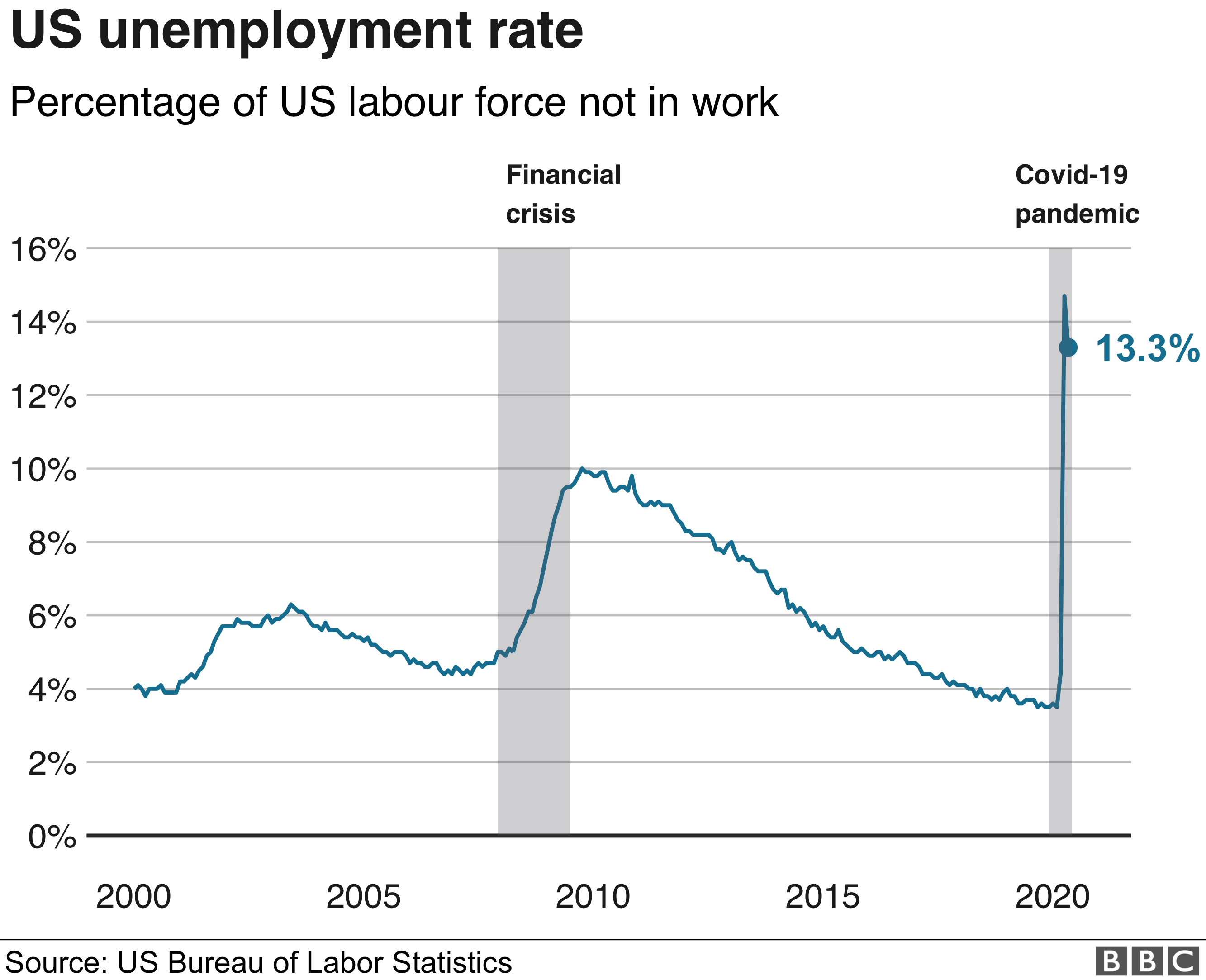Housing Corporations Face €3 Billion Loss Due To Rent Freeze

Table of Contents
The €3 Billion Impact: A Detailed Breakdown
The €3 billion loss projected for housing corporations due to the rent freeze represents a significant and multifaceted challenge. This section will break down the various aspects of this financial impact.
Loss of Revenue and its Consequences
The immediate and most direct consequence of the rent freeze is a substantial reduction in revenue streams for housing corporations. This loss of income has several severe repercussions:
- Reduced maintenance budgets: Less money means deferred or cancelled maintenance projects, leading to deteriorating property conditions.
- Inability to invest in property renovations and upgrades: Essential upgrades, such as energy efficiency improvements or accessibility modifications, will be postponed or cancelled altogether.
- Potential job losses within housing corporations: Reduced income may necessitate staff reductions to cut costs, impacting service quality and expertise.
- Increased financial strain leading to potential service cuts: Essential services, like landscaping or security, may be reduced or eliminated to compensate for revenue losses.
The impact varies significantly across individual housing corporations, depending on their size, portfolio, and existing financial reserves. Smaller corporations with limited reserves are particularly vulnerable, potentially facing insolvency. Reduced maintenance directly impacts tenants long-term, leading to decreased property value and potentially unsafe living conditions. For example, delayed roof repairs can lead to water damage, impacting both the structure and the tenants' well-being.
Impact on Housing Corporation Investments
The financial strain caused by the rent freeze extends beyond immediate operational costs; it significantly impacts future investments crucial for the provision of affordable housing.
- Deferred new construction projects: Planned developments for new affordable housing units will likely be delayed or abandoned entirely.
- Delays in energy efficiency improvements: Modernization efforts to improve energy efficiency and reduce carbon footprints will be hampered, increasing long-term costs for both corporations and tenants.
- Limitations in expanding affordable housing options: The freeze limits the capacity of housing corporations to expand their affordable housing offerings, exacerbating the existing housing shortage.
- Challenges in attracting new investments: The uncertainty created by the rent freeze makes it difficult for housing corporations to attract private investment for future projects.
The long-term effects on the housing supply are dire. The reduced construction of new units, coupled with delayed renovations, will worsen the housing crisis, leading to increased competition for existing units and potentially driving up prices in the private rental market. The lack of investment in energy efficiency improvements will also contribute to higher energy bills for tenants and a larger carbon footprint.
The Ripple Effect on Tenants
While the rent freeze aims to protect tenants, the financial difficulties faced by housing corporations create a ripple effect with negative consequences for residents.
- Potential decline in property maintenance and services: Deferred maintenance leads to deteriorating living conditions, impacting tenant safety and well-being.
- Delays in addressing repairs and maintenance issues: Reduced staffing and budgets mean slower response times to repair requests, leading to frustration and potential health hazards.
- Impact on the quality of housing provided: The overall quality of housing provided will decline, affecting tenant satisfaction and potentially their health and safety.
The indirect consequences for tenants are significant. Delayed repairs can lead to health problems, particularly for vulnerable populations. Deteriorating housing conditions can also decrease the overall quality of life for tenants, impacting their well-being and mental health. The long-term risks associated with living in poorly maintained housing are substantial, including increased health costs and potential legal disputes.
Government Intervention and Potential Solutions
The government's response to the financial crisis faced by housing corporations is crucial in mitigating the negative consequences for both corporations and tenants.
Government Response and Support Measures
The government needs to implement comprehensive measures to address the €3 billion loss and ensure the long-term viability of housing corporations.
- Financial aid packages for housing corporations: Direct financial support can prevent bankruptcies and allow corporations to maintain essential services and invest in necessary repairs and upgrades.
- Exploration of alternative strategies to support affordable housing: This might involve tax incentives for private investment in affordable housing or the development of innovative funding models.
- Targeted subsidies for vulnerable tenants: Assisting those most in need through targeted subsidies can alleviate some of the financial burden while ensuring housing corporations can remain financially sound.
The effectiveness of government intervention depends on its scale, speed, and adaptability to the specific needs of various housing corporations. A reactive approach focusing solely on immediate financial aid may not address the underlying challenges of sustainable funding models for affordable housing in the long term.
Long-Term Strategies for Affordable Housing
Addressing the challenges presented by the rent freeze requires a shift towards sustainable long-term solutions:
- Exploring sustainable funding models for housing corporations: This could include diversifying revenue streams, exploring public-private partnerships, or implementing innovative financing mechanisms.
- Government investment in social housing programs: Increased investment in social housing will increase the supply of affordable units and reduce reliance on private rental markets.
- Fostering public-private partnerships: Collaboration between the public and private sectors can unlock innovative solutions and attract necessary investment in affordable housing.
Moving forward, a multi-pronged approach focusing on diverse funding, strategic partnerships, and legislative changes is critical to securing a sustainable future for affordable housing.
Alternative Perspectives and Counterarguments
It's crucial to acknowledge the arguments supporting the rent freeze policy before proposing solutions.
Arguments in Favor of Rent Freeze
The rent freeze, while having a significant impact on housing corporations, aims to address pressing social issues:
- Protection of tenants from exorbitant rent increases: The freeze prevents significant rent hikes, protecting vulnerable tenants from financial hardship.
- Addressing the housing affordability crisis: The freeze is intended to address the escalating costs of housing and make it more accessible for low- and middle-income earners.
- Social impact of rent stabilization: By stabilizing rents, the freeze aims to improve social equity and reduce housing insecurity.
While these are valid concerns, they need to be balanced with the financial realities of housing corporations and the potential negative consequences of the rent freeze.
The Need for Sustainable Solutions
Finding a balance between tenant protection and the financial sustainability of housing corporations is paramount.
- Finding a balance between tenant protection and the financial sustainability of housing corporations: This requires a collaborative effort to find solutions that benefit both parties, perhaps through rent stabilization mechanisms that are more financially viable for housing corporations.
- Exploring alternative regulatory mechanisms: Regulations that protect tenants without causing significant financial hardship for housing corporations need to be explored and implemented.
- Promoting open dialogue between stakeholders: Open communication between tenants, housing corporations, and government is crucial to develop and implement effective and sustainable solutions.
The current situation highlights the need for a comprehensive and ongoing dialogue between all stakeholders. The long-term health of the affordable housing sector requires a multifaceted approach that tackles both affordability and sustainability simultaneously.
Conclusion
The €3 billion loss faced by housing corporations due to the rent freeze underscores the urgent need for sustainable solutions in the affordable housing sector. The consequences extend far beyond immediate financial strain, affecting crucial investments, maintenance, and the overall quality of housing for tenants. While the rent freeze aims to protect tenants from exorbitant increases, the current model's financial unsustainability threatens the long-term availability of affordable housing. We need a collaborative effort between the government, housing corporations, and tenants to forge a path where affordable housing and financial stability coexist. Understanding the comprehensive impact of this rent freeze and proactively exploring alternative approaches is crucial to prevent a major housing crisis. Let's work together to find viable solutions to protect both tenants and the future of affordable housing, moving beyond the immediate crisis presented by the rent freeze to create a more sustainable system.

Featured Posts
-
 Oecd Predicts Slow Canadian Economic Growth In 2025 No Recession Expected
May 28, 2025
Oecd Predicts Slow Canadian Economic Growth In 2025 No Recession Expected
May 28, 2025 -
 Amas 2025 Jennifer Lopez Confirmed As Host
May 28, 2025
Amas 2025 Jennifer Lopez Confirmed As Host
May 28, 2025 -
 Post Game Analysis Pirates Fall To Braves Despite Triolo And Bullpen Efforts
May 28, 2025
Post Game Analysis Pirates Fall To Braves Despite Triolo And Bullpen Efforts
May 28, 2025 -
 The Ryan Reynolds And Justin Baldoni Case Key Legal Arguments
May 28, 2025
The Ryan Reynolds And Justin Baldoni Case Key Legal Arguments
May 28, 2025 -
 Six Figure Euro Millions Wins For Two Irish Players Where The Winning Tickets Were Sold
May 28, 2025
Six Figure Euro Millions Wins For Two Irish Players Where The Winning Tickets Were Sold
May 28, 2025
